Karin Slaughter's 6 favorite social justice books
The best-selling author recommends works by Michelle Alexander, Hallie Rubenhold, and more
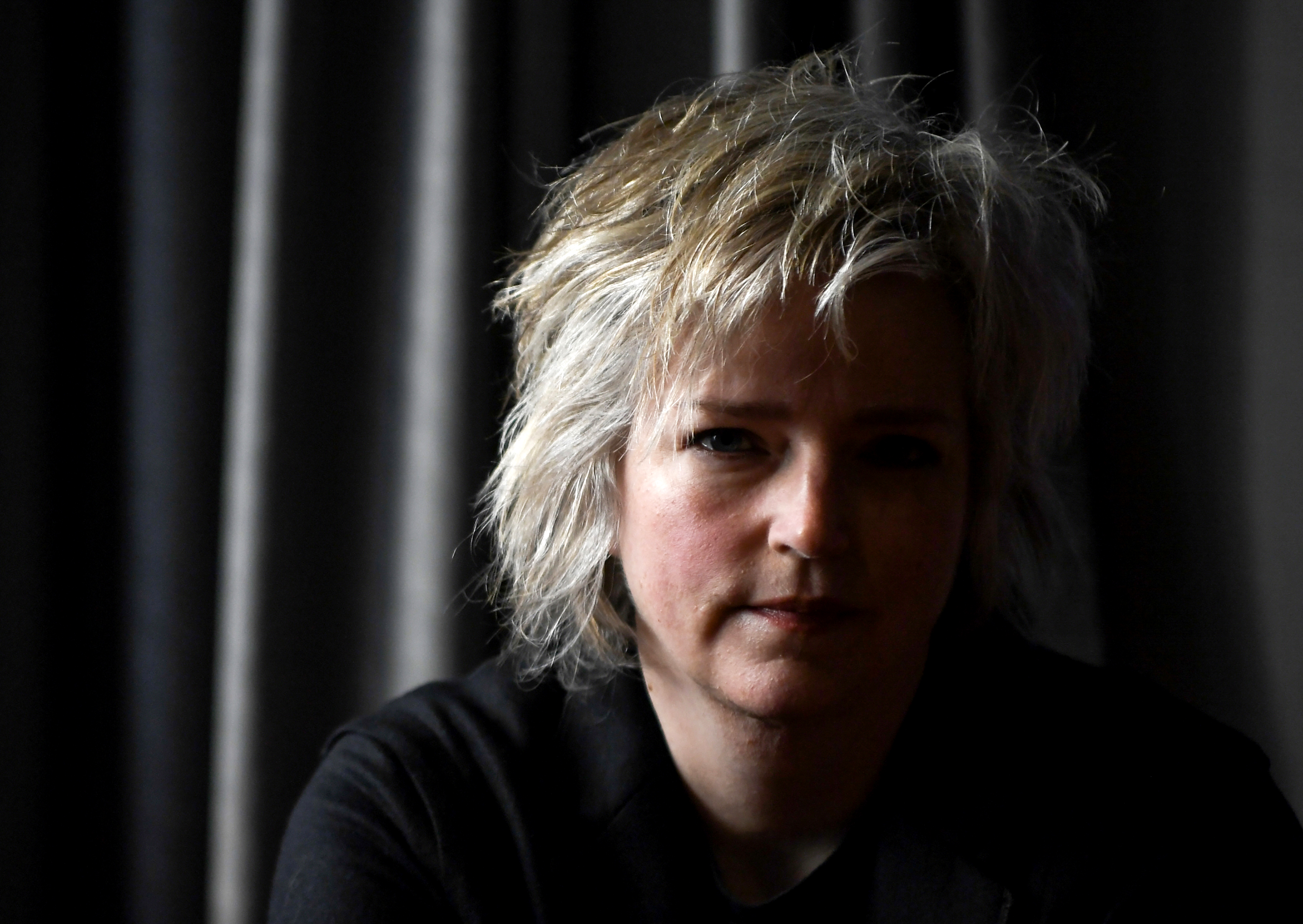
A free daily email with the biggest news stories of the day – and the best features from TheWeek.com
You are now subscribed
Your newsletter sign-up was successful
In Karin Slaughter's new best-seller, The Last Widow, medical researcher Sara Linton and fellow Georgian Will Trent pursue a white supremacist group plotting terror. Below, Slaughter recommends other books that shed light on current social concerns.
American Terrorist by Lou Michel and Dan Herbeck (2001).
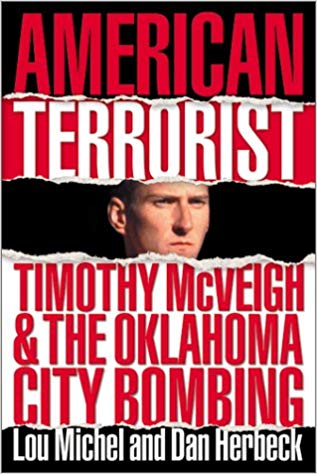
There is very little daylight between Timothy McVeigh's perverse dogma (captured during 75 hours of interviews) and what we're hearing from white supremacist extremists today. The man who bombed an Oklahoma City federal building in 1995 was not a lone wolf. He was immersed in a white power movement with tentacles that have reached from Charleston to Charlottesville to Christchurch and back again.
The Week
Escape your echo chamber. Get the facts behind the news, plus analysis from multiple perspectives.

Sign up for The Week's Free Newsletters
From our morning news briefing to a weekly Good News Newsletter, get the best of The Week delivered directly to your inbox.
From our morning news briefing to a weekly Good News Newsletter, get the best of The Week delivered directly to your inbox.
No Visible Bruises by Rachel Louise Snyder (2019).
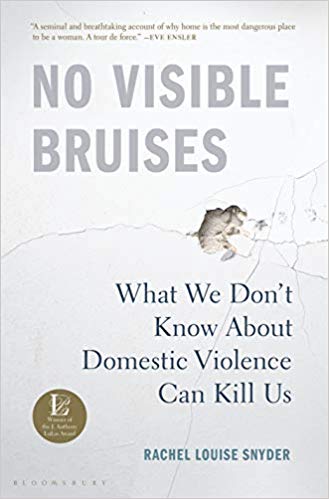
Numerous mass murderers share a history of domestic violence, making this book well worth a read by anyone trying to stop them. To the list of warning signs law enforcement uses to monitor possible terrorists — obsessive personal or political grievances, isolation, online radicalization — we should add virulent misogyny.
We Are All Good People Here by Susan Rebecca White (2019).
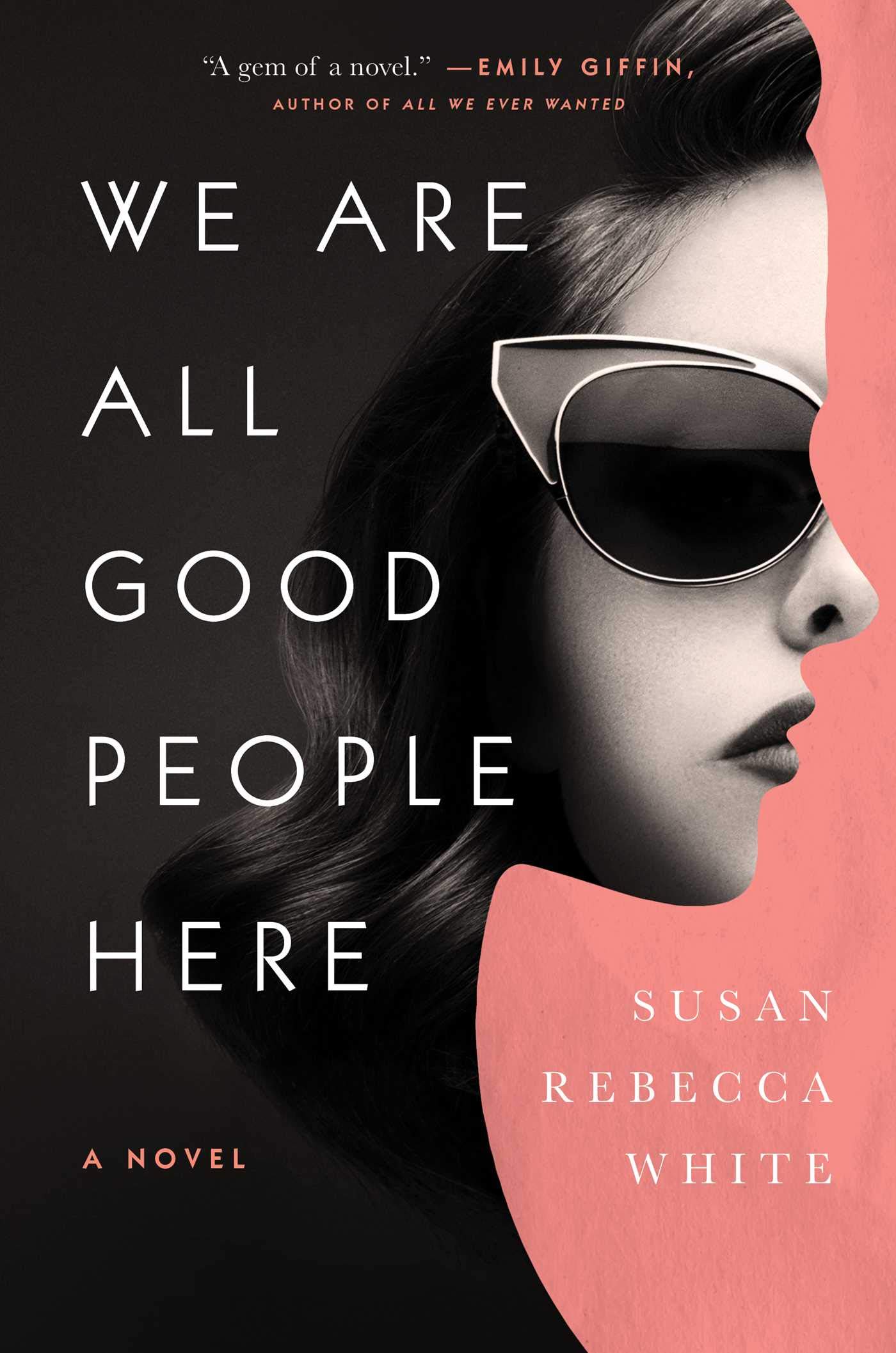
Few novels capture the zeitgeist the way this one does. Two white women meet at a Southern college in the 1960s, and the disparate paths they take in subsequent decades are viewed through a kaleidoscope of religion, social justice, and liberal feminism.
A free daily email with the biggest news stories of the day – and the best features from TheWeek.com
The New Jim Crow by Michelle Alexander (2010).
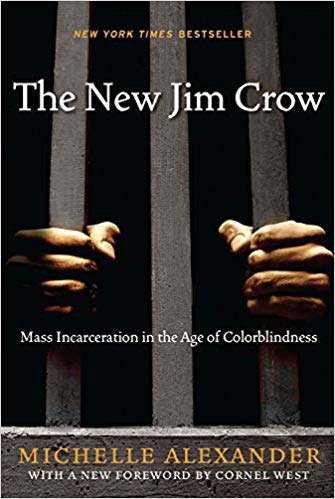
Alexander's exposé on mass incarceration in America raises the question: Why are social ills like the crack epidemic considered a moral failure of the black community while the current opioid crisis, which affects predominantly whites, is a national crisis?
The Five by Hallie Rubenhold (2019).
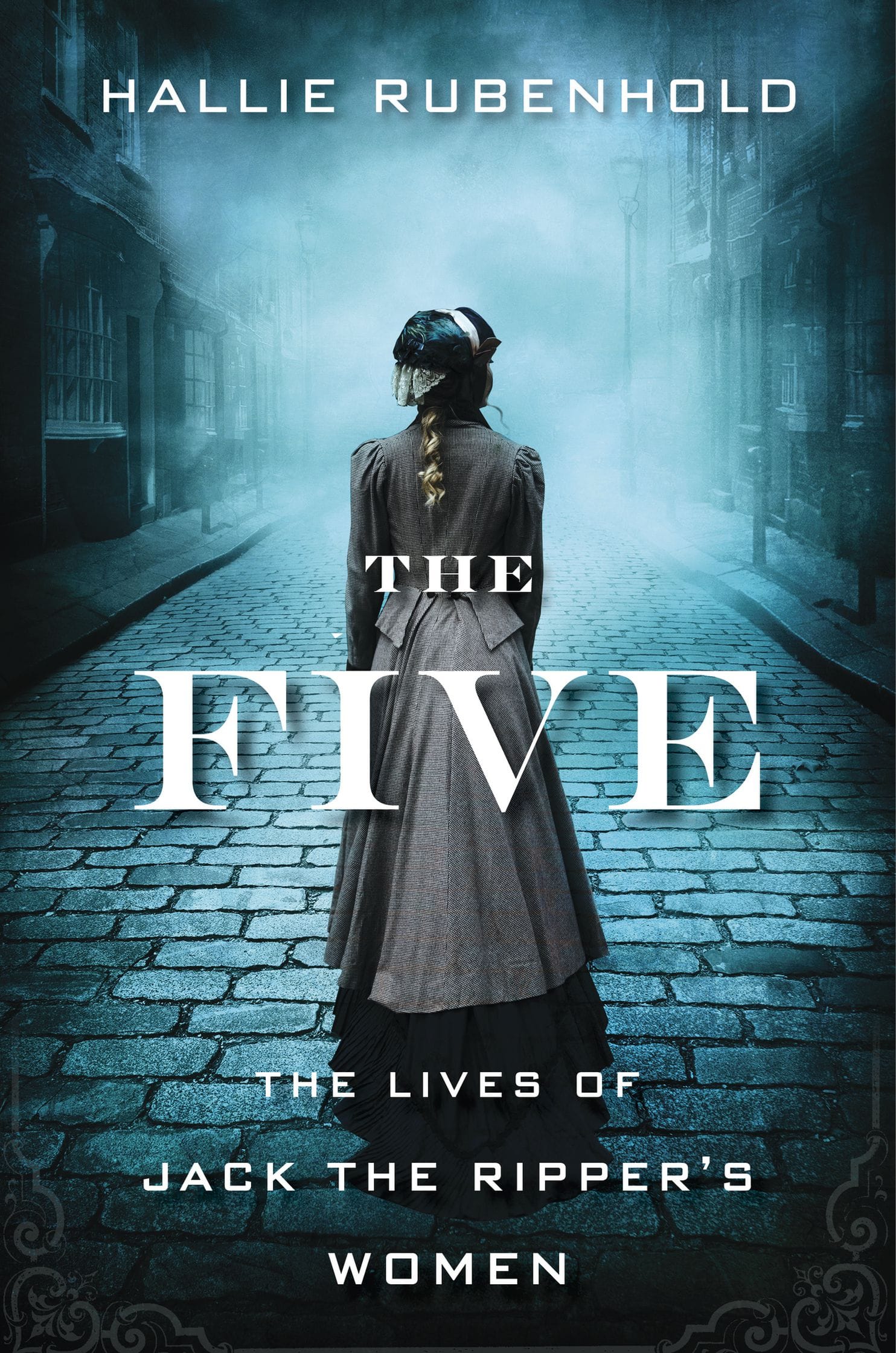
Despite popular myth, only one of Jack the Ripper's victims was a prostitute. All five women shared the label of outcast, whether through misfortune or mistake. So there is no mystery to solve. Rubenhold identifies the names that matter: Polly Nichols, Annie Chapman, Elisabeth Stride, Catherine Eddowes, and Mary Jane Kelly.
The Better Sister by Alafair Burke (2019).
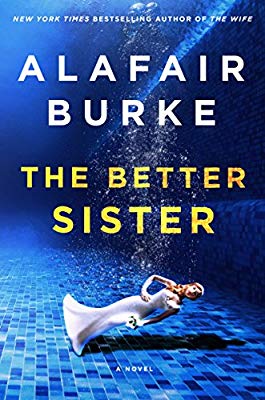
Every reading list needs a good thriller. Burke, a former prosecutor, manages to layer the subtleties of the #MeToo movement into an engaging crime story. She is the rare author who disappears from the page so that the characters alone pull you through the story.